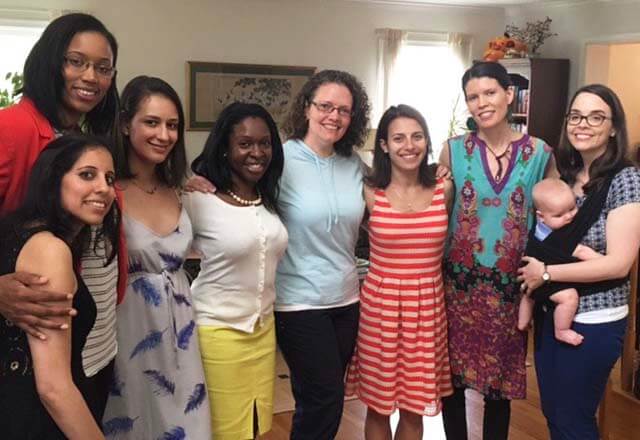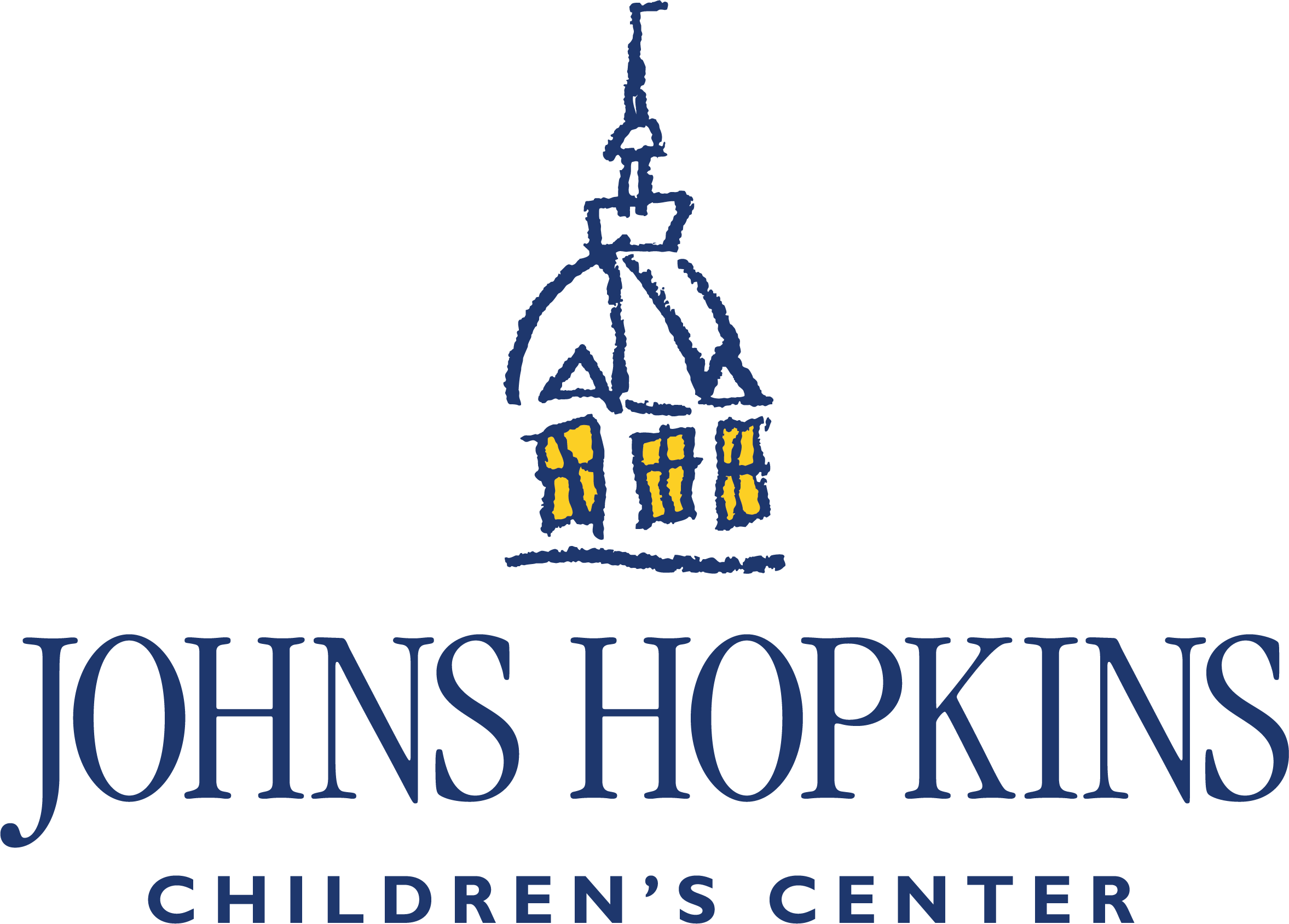General Pediatrics Fellowship

Primary care must be transformed to fulfill its potential to maximize the health of children. Primary care and population health researchers are uniquely positioned to do just this. They are at the forefront of translating scientific discoveries into practice and faithfully scaling up effective practices to improve the health of children, their families, and their communities. Ongoing changes in the health care system and persistent racial, ethnic, and socioeconomic inequalities in health underscore the need for highly skilled primary care and population health researchers as agents for change.
Full-time fellowship training is the most successful model for building primary care and population health researchers because it allows for dedicated time to develop the skills needed for a successful research career. A research-oriented fellowship can prepare individuals to obtain essential research and leadership training; become active lifelong learners; collaborate with and mentor clinical, research and community faculty; and, ultimately, move into positions of leadership.
Johns Hopkins’ Academic Pediatric Association accredited General Academic Pediatrics Fellowship program provides training in primary care research, and population/health disparities research. The program is funded by both institutional and National Institutes of Health training funds. Some trainees are supported by a cross-institutional T32 in Diabetes and Endocrinology.
Learn More About the General Pediatrics Fellowship
Diversity, Inclusion and Health Equity
The Department of Pediatrics at Johns Hopkins School of Medicine and General Pediatrics fellowship training program are committed to cultivating and sustaining an environment that fosters the development of diverse physician leaders who are committed to eliminating the nation’s health inequities through patient care, education, advocacy, and research. Diversity, equity, and inclusion are core values of our fellowship program, Department of Pediatrics and School of Medicine.
Through pathway programming, such as the Johns Hopkins Visiting Resident Elective Program to Promote Diversity, Equity, and Inclusion in Pediatric Subspecialties we aim to build a community that reflects the broad array of human differences found in our society at large.
Learn more about this visiting elective for the General Pediatric medicine program.
General Pediatrics Fellowship Program Goals
- Attract highly qualified candidates who intend to build careers developing and applying evidence to improve child health and reduce inequality
- Assure fellows’ acquisition of core competencies to be independent primary care, population health, and health equity researchers whose work is grounded in and influences health care policy, organization, quality and outcomes
- Guide trainees to post-fellowship positions that foster their continued professional growth and the influence of their work in shaping health care and in training the next generations of researchers in child health
Learning Environment and Activities
Fellows devote at least 80 percent of their time to their research training. A vibrant, world-class faculty with an exceptional portfolio of extramurally funded research provides training. Within Johns Hopkins, our program collaborates formally with research centers, institutes and training programs in the School of Medicine, The Bloomberg School of Public Health, and the Johns Hopkins School of Nursing. Beyond this, our training environment benefits from strong partnerships at the local, state and national levels. Our program also partners with the Johns Hopkins Division of General Internal Medicine Fellowship program, enriching fellows’ training experiences across the life course.
Program learning activities are well-integrated and are individualized to meet each trainee’s needs and interests:
- Mentored research in partnership with experienced and dedicated faculty using individualized learning plans
- Coursework building on previous training. In many cases, for physician trainees, this involves a Master’s degree in public health
- Seminars across the university, as well as those developed specifically for our trainees, and those developed in partnership with the Division of General Internal Medicine
- Presentation of research findings at professional meetings and other opportunities to network and join a community of scholars and advocates working to advance child health
Physician fellows precept residents in pediatrics at either the Harriet Lane Clinic at the Johns Hopkins Children’s Center or the Children’s Medical Practice. Fellows who work at Children’s Medical Practice are required to be bilingual in Spanish.
Who Can Apply?
Physicians and other doctorally-trained individuals (e.g., Ph.D., Sc.D.) with a strong track record of academic and (where applicable) clinical excellence. Physicians without a graduate degree in public health or a related field typically complete a two-year program; individuals with a doctoral-level research degree complete a two-year program. Minimum requirements for fellowship applicants include: Satisfactory completion of an ACGME-accredited pediatric or medicine-pediatrics residency program; OR graduation from a Ph.D. program in a related discipline (e.g., public health, psychology).
For med-peds applicants, integration of the fellowship program with activities in the Division of General Internal Medicine may be considered; please contact the Program Director. Completion of a family medicine residency may be considered; please contact the Program Director. Please note that federal guidelines require that all individuals entering our fellowship program have permanent residency in the United States by way of U.S. citizenship or a permanent immigrant status/green card.
Why Hopkins?
- Since 1978, the Hopkins Division of General Pediatrics and Adolescent Medicine has provided outstanding post-doctoral training in pediatric primary care research
- A track record of producing leaders in academic pediatrics, public health, and health policy. We have graduated more than a dozen division heads and training program directors around the country
- Structured, intensive mentorship by experienced researchers, coupled with a core curriculum and research in progress seminars ensures our fellows have the skills and resources they need to be successful after fellowship
- A cohort of fellows ranges from 3-4 fellows, providing the opportunity to train alongside other promising young scholars
- After graduation, more than 95% of our alums are conducting primary care and population health research in federally-designated medically underserved areas
- The Johns Hopkins Bloomberg School of Public Health (BSPH), consistently ranked #1 in the US, is a rich resource for our trainees, and many General Pediatrics faculty have joint appointments, teach classes, and mentor students in the BSPH
- Baltimore is a vibrant, livable city close to beaches, Washington, D.C., Philadelphia and full of rich history. See what it’s like to live in Baltimore and train at Hopkins.
- Get a tour of the campus
Fellowship Administration
Fellowship Program Director
Sara Johnson, Ph.D., M.P.H.200 N Wolfe St, Suite 2051
Baltimore, MD 21287
410-614-8437
[email protected]
Program Coordinator
Lynette Forrest, MS
200 N Wolfe St, Suite 2054
Baltimore, MD 21287
410-614-3865
[email protected]

